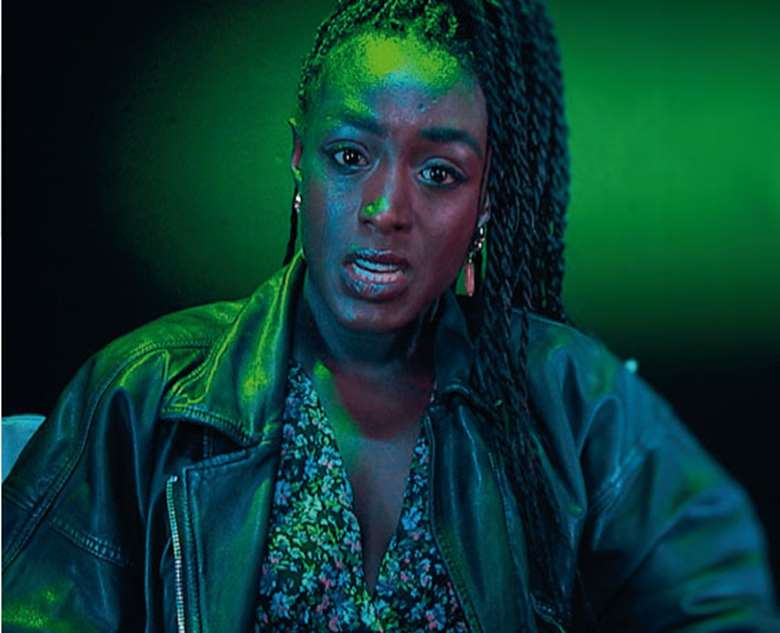Talking Gods: Persephone
Hattie Fisk
Saturday, May 1, 2021
Hattie Fisk reviews Persephone from Talking Gods: 'Brilliantly performed but a missed opportunity, with content inappropriate for most students'

Streaming for free from the website of Arrows & Traps theatre company, Talking Gods is a series of modern monologues from Ross McGregor, who adapts ancient Greek myths into 21st century rambles.
On the first night, I watched the premiere of Persephone – a one-woman show where Nicolle Smartt's abilities shone through. She performed all three characters: Demeter, her sister Hestia, and her daughter Persephone. Filmed as a series of interviews, hence the named reference to Bennett's Talking Heads, each character is given plenty of time to develop.
A characterisation chameleon, Smartt's physicality changed so drastically it was hard to believe the same actress was playing all three roles. Hestia politely opens the performance with a warm light as the goddess of the hearth, home, and family. Her sister Demeter, goddess of the harvest, then brashly enters with green light bouncing off her leather jacket; despite swearing in every other sentence, some of her anecdotes are really entertaining. The strong sisterhood between these characters is immense and is arguably the most powerful element of the piece.
Persephone was where the performance fell flat. The introduction of emojis, attempts at ‘memes’ and clunky input of Facebook, Instagram and text message graphics really distracted from any meaningful character development. Whereas the other two women were defined by their powers and epithets, Persephone's traditional ability to spring growth didn't get a mention, and instead her character was defined by what the men in the story had done to her.
The title character falls for football stud Apollo, who we see take her virginity (yes, despite it being a one-woman performance… it was graphic). He then cheats on her and pressures her to send explicit images. When she recovers from this, she falls for an older man, Hades, and runs away to live in his ‘Underdog Dog Shelter’ – a poor replacement for the Underworld if you ask me.
While several elements were effective: the lighting, change in angles, and anecdotal sub-stories, I couldn't shake off a sense of awkwardness about the piece. I would actively advise teachers not to show this to students, as the show needlessly includes depictions of sex, lots of swearing, and a cringe factor younger generations would struggle to handle.
Other than featuring a character named Persephone – who is colloquially called Cora until the last leg of the play – the Greek myth was otherwise abandoned. I truly feel this was a missed opportunity to educate the audience on a Greek myth, while also adapting the story to the modern day. The premise had legs, but the execution was all Greek to me.

